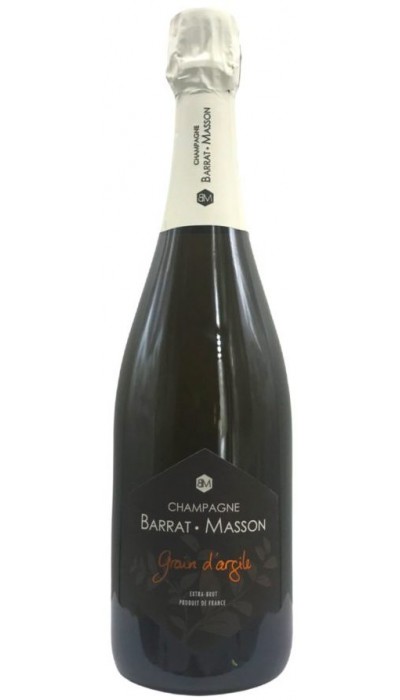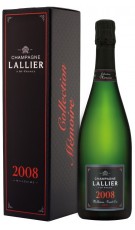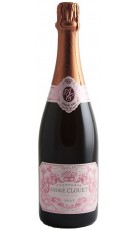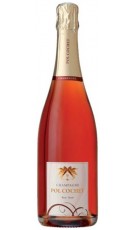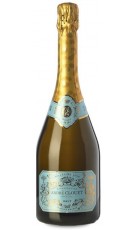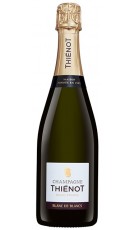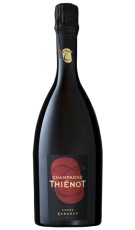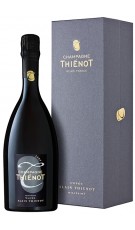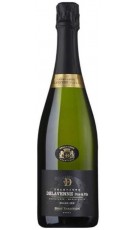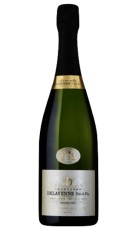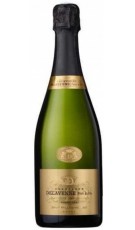Champagne Barrat Masson Grain D´Argile
Champagne 50% Chardonnay and 50% Pinot Noir of which barely 3,000 bottles are made, which comes from clay-calcareous soils.
Prices VAT included
| Winemaker notes: | A very enjoyable champagne at a very affordable price that combines the fruitiness of Pinot and the freshness of Chardonnay. |
| Recommendations: | Temperature: 8 - 10ºC |
| Food Pairing: | It is tasted as an aperitif and it will be the ideal accompaniment to all your receptions. Soft cheeses, gruyeres, quiche, lunch, slightly elevated cuisine. |
| Kind of wine: | Champagne. |
| Grape Varieties: | 50% Chardonnay, 50% Pinot noir |
| Ageing: | Fermented and aged with yeasts both in stainless steel tanks (60%) and in old barrels ( 40%), with subsequent aging for 30 months in the bottle and manually slaughtered. Partially made malolactic, not filtered. |
| Alcohol: | 12% vol |
| Formats: | 0,75L |
| Soils: | Comes from calcareous soils. |
BARRAT MASSON

BARRAT MASSON
A winery that began its journey in the 2011 vintage. The couple formed by Aurelie Masson (oenologist) and Löic Barrat (vine grower) decide to leave the local cooperative where she worked and he sold all his grapes, to start a new adventure and fulfill their dream of one day producing champagnes of the highest possible quality.
They currently make about 15,000 bottles and the maximum production they plan to make is 30,000 bottles. The rest of their grape production is sold to large maisons. Aurelie and Löic rehabilitated an old family farm, in Villenauxe-la-Grande, where they currently produce their champagnes.
They chose a traditional Coquard press, they elaborate each plot separately and use both stainless steel tanks and used barrels of different sizes for fermentation and aging. Their wines will remain in contact with their lees for 9 months, before bottling.
Vineyards
His vineyard covers a total of 7 h. located in the towns of Villenauxe-la-Grande and Bethon, on the border between Aube and Marne, on the edge of the Champagne region, south of the Cote de Sezanne. 90% Chardonnay and 10% Pinot Noir.
In 2005 Löic took over the family farm and since then his vineyards are no longer treated with herbicides or chemical fertilizers, he begins to apply a viticulture that respects nature, which is consolidated with its conversion to organic certification in 2009. Its soils are basically calcareous (craie-chalk) and clayey.
Philosophy
Aurelie's production philosophy is to be as least interventionist as possible, that the wine expresses itself at all times, they do not cause malolactic fermentation "if they do it well and if not also well". They use minimal amounts of sulfur and do not clarify or filter their wines.
Featured products

(+34) 91 129 11 11
(+34) 638 458 218
- Brandy
- Cognac
- Gin Premium
- Ron
- Whisky
- Denomination of Origin
- Winery


















